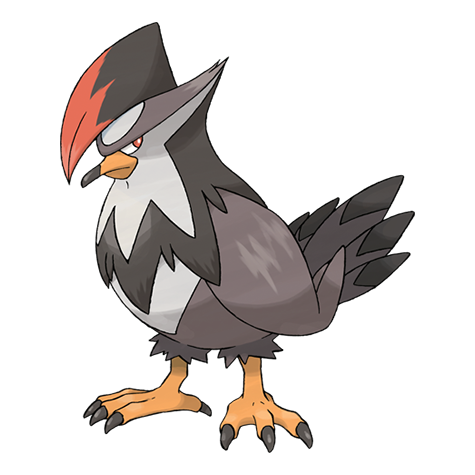I heard something to do with Nitrogen and …cow farts(?) I am really unsure of this and would like to learn more.
Answer -
4 Parts
- Ethical reason for consuming animals
- Methane produced by cows are a harmful greenhouse gas which is contributing to our current climate crisis
- Health Reasons - there is convincing evidence that processed meats cause cancer
- it takes a lot more calories of plant food to produce the calories we would consume from the meat.
Details about the answers are in the comments


that’s true in a few parts of the world. it may not be valid at all, depending where op is from. in general livestock is the most sustainable land use food.
Can I have a source for this claim?
I’d also like to know, but I imagine that at a small enough scale, it’s mostly letting a few animals live on otherwise unused land, and mostly just protect them. This imagined ideal would disappear extremely quickly, scaling even to village level, and not relevant to modern farming
This is exactly what happens. The highest quality land in a country is used for tillage. The less productive parts are used for grazing. This is how farmers make the most money. They’d be fools to use productive land for grazing and grow crops on poor land.
This is so wrong. I don’t even know where to begin. We grow so much alfalfa (huge waste of water) and soybeans in the US to support our own and other countries’ meat farming, then we ship it across the world. You could find this out with a simple Google search. This is willful ignorance.
Greenhouse gas emissions - Meat accounts for nearly 60% of all greenhouse gases from food production
Water usage - it takes over 1800 gallons of water to produce e just one pound of beef.
In order to help, you don’t even have to go vegan. Reducing meat consumption is helpful too with something like “meatless Monday”
I live in AZ. You know the desert state? The state that catches on fire a lot? Yeah. We’ve had Saudis taking our water, for FREE, to grow food for their cattle back home for YEARS. It’s SO infuriating to see them asking us to conserve water and then looking the other way as we get drained for nothing.
They’re not even the only ones dipping into our water either. It’s ridiculous.
Removed by mod
85% of soybeans are pressed for oil for human use.
and those water use stats include things like the water it takes to raise feed crops. it would make sense, except that we mostly feed livestock plants or parts of plants that people won’t eat. for example, we raise cotton for textiles, and the seed would be industrial waste if we didn’t feed it to cattle. why do we count the water used to make jeans in the water used to make beef? it’s just dishonest.
Woah dude, prime bullshit here.
https://ourworldindata.org/uploads/2021/02/Global-soy-production-to-end-use-1536x1108.png
76% of soy production worldwide goes into animal feed.
I’m so glad you used the outworldindata link.
do you see how most of what is fed to animals is soy meal? that is the industrial waste from pressing soybeans for oil.
a soybean is only about 20% oil. if 17% of all the end uses of soybeans is oil, then about 85% of all soybeans are pressed for oil.
But animal feed also contains soy oil, so even allowing for part of soybean production being used for human consumption, there remains a significant part of soy effectively produced for the benefit of livestock. Furthermore, animal feed production incentivizes the cultivation of soy. If there was no animal feed incentive, there would not be a need to expand soy cultivation into virgin land.
Which bring us to animal feed causing increased land usage (which could be reforested if nothing else), methane emissions, and waste production connected with raising livestock.
there is no reason to think that the land would be deforested, nor even that it would not have been deforested for some other reason, if everyone were vegan.
Data tells me otherwise.
what would change if everyone were vegan? what would change to MAKE everyone vegan? you can’t actually know what that world would be like. you’re guessing.
greenhouse gases and water usage are different issues i didn’t address here.
the usa is one of the “few parts of the world” i was talking about, that it is a bad example of sustainable farming.